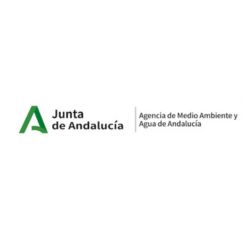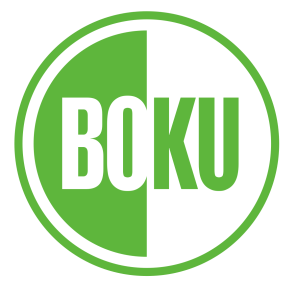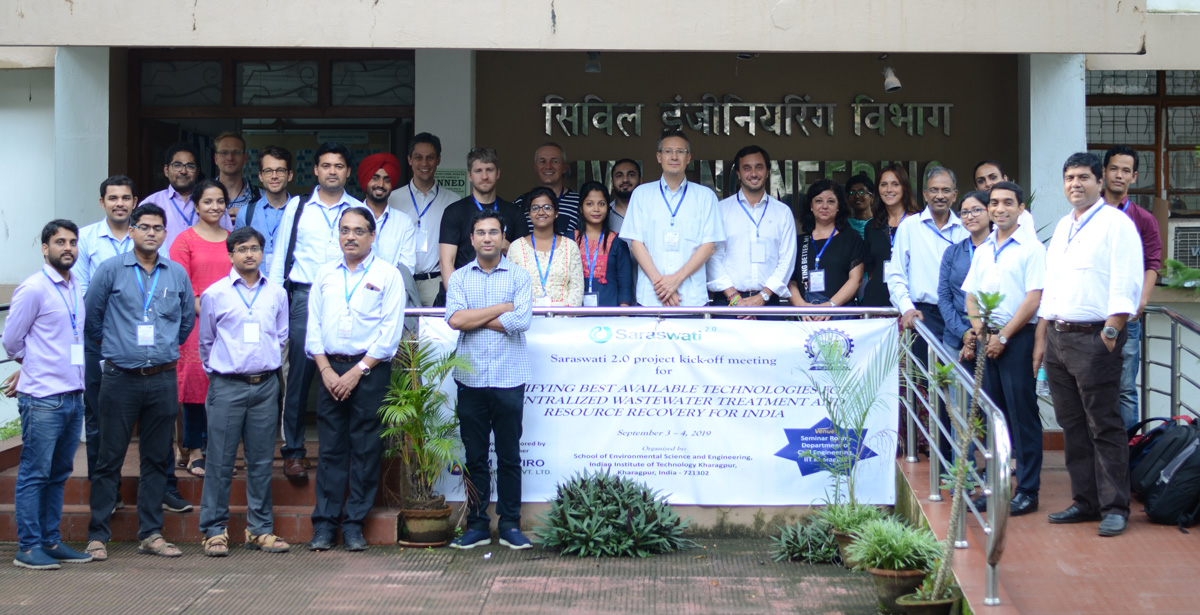 University of Antwerp (UA) is a young, dynamic and forward-thinking university which ranked 14th in the “Top 50 Universities Under 50 years” in 2018. The European Commission has awarded the University the “HR Excellence in Research” quality label. Within the Faculty of Science, the University created in 2006 the Department of Bioscience Engineering, recognizing a strong societal demand for research and education in the field of applied biological sciences. In this young Department, prof. Lenaerts founded the Research Group of Sustainable Energy, Air and Water Technology, joined by prof. Denys in 2013, and more recently by prof. Vlaeminck (2015) and dr. Spiller (2016). The research group rapidly established a well-equipped laboratory, and currently holds around 30 scientists. The team led by prof. Vlaeminck has a core focus on developing resource-efficient microbial technology for a sustainable water cycle and food production chain and on analyzing material/substance flows, environmental impact (LCA) and costing aspects of collection and treatment systems containing such technology.
University of Antwerp (UA) is a young, dynamic and forward-thinking university which ranked 14th in the “Top 50 Universities Under 50 years” in 2018. The European Commission has awarded the University the “HR Excellence in Research” quality label. Within the Faculty of Science, the University created in 2006 the Department of Bioscience Engineering, recognizing a strong societal demand for research and education in the field of applied biological sciences. In this young Department, prof. Lenaerts founded the Research Group of Sustainable Energy, Air and Water Technology, joined by prof. Denys in 2013, and more recently by prof. Vlaeminck (2015) and dr. Spiller (2016). The research group rapidly established a well-equipped laboratory, and currently holds around 30 scientists. The team led by prof. Vlaeminck has a core focus on developing resource-efficient microbial technology for a sustainable water cycle and food production chain and on analyzing material/substance flows, environmental impact (LCA) and costing aspects of collection and treatment systems containing such technology.
Role in the project
For around 75% of UA’s task, Prof. Vlaeminck will work in close collaboration with TUDelft (Dr. Weissbrodt), IIT and MM Enviro Pvt. on the second treatment step in pilot 5 in WP2 and WP3, i.e. optimizing the design, start-up, control and operation of a high-rate sun-driven photoheterotrophic bioreactor (PHBR raceway pond). The PHBR will treat acidified wastewater and produce purple non-sulfur bacteria (PNSB), a high-value organic fertilizer. This strongly matches with the experience in biotechnology for sewage treatment and single-cell protein production in general, and production and application of phototrophs and PNSB more specifically. For around 25% of UA’s task, dr. Spiller will coordinate the environmental sustainability assessment (LCA) of the piloted technologies (WP5), in close collaboration with TUDelft, NITIE and IITKGP. Dr. Spiller has a strong expertise in conducting LCA of physicochemical and biological water treatment systems.
Website URL








